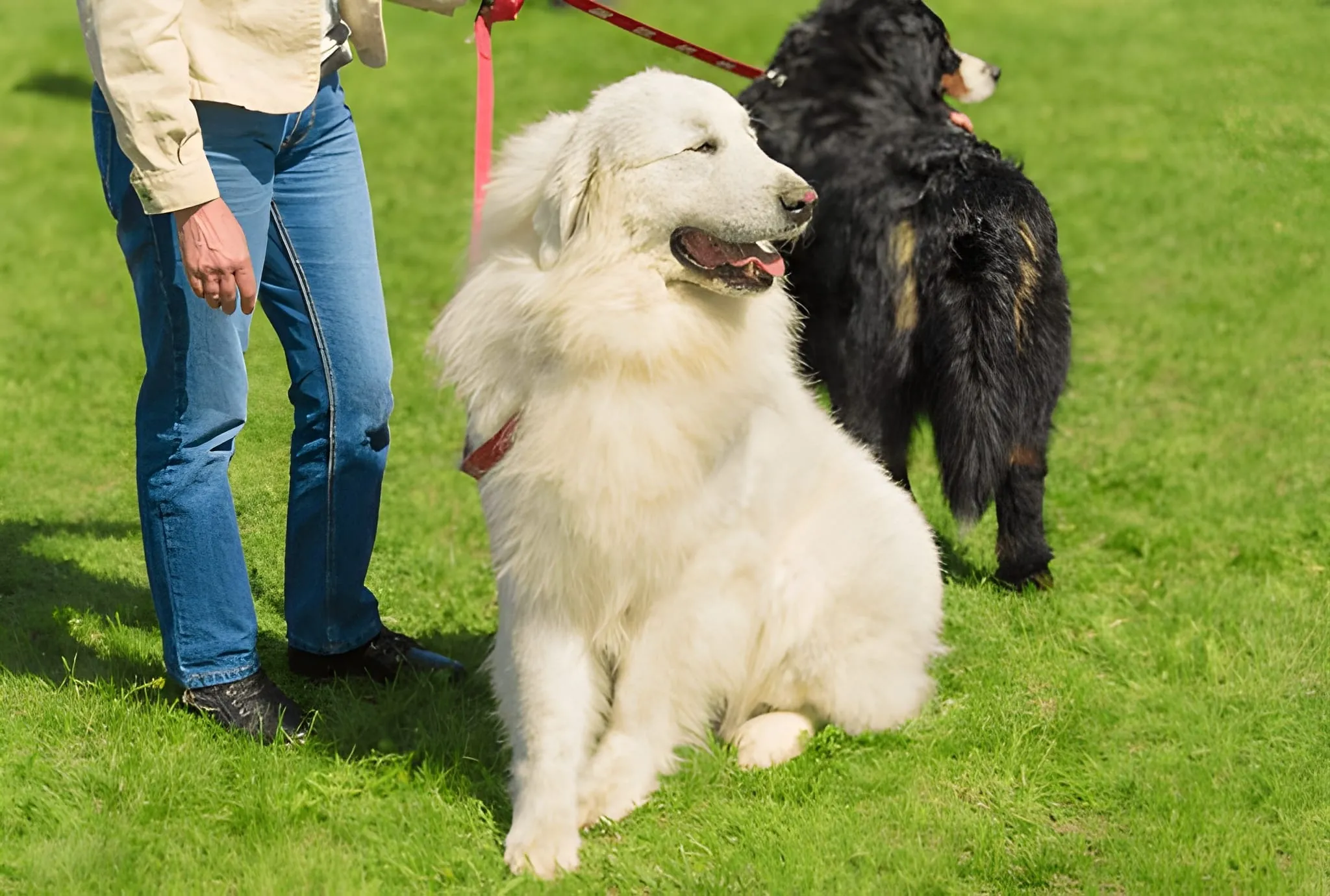Chicago is famous for many things — deep-dish pizza, skyline views, and, of course, unpredictable weather. One week it’s sunny and warm, and the next you’re digging out your winter coat again. These seasonal changes don’t just affect people; they also impact how dogs learn and behave.
At the Dog Training Academy in Chicago, trainers adjust their routines year-round to keep both dogs and owners on track. Understanding how seasons influence training can help pet parents maintain consistency, comfort, and progress no matter what the weather brings.
Why Weather Matters in Dog Training
Dogs react to their surroundings — temperature, smells, and sounds all affect behavior. Chicago’s seasons change these factors dramatically. Winter limits outdoor training with ice and quiet parks, while summer adds distractions like joggers and heat. Trainers adapt each season, focusing on routines that consider both commands and the environment.
Winter Training Challenges and Solutions
Chicago winters can be harsh, making outdoor walks and training difficult. The academy shifts sessions indoors, using heated spaces for obedience, leash manners, and impulse control. To manage pent-up energy, trainers add mental exercises like scent games, puzzle toys, and structured play.
For owners who prefer a more focused setting, private training for dogs is especially useful in winter. It allows one-on-one time with a trainer inside a controlled space, keeping learning consistent even when the weather outside isn’t cooperating.
Spring: The Season of Distractions
As Chicago warms up, dogs become more energetic and easily distracted by parks, birds, and new scents. Spring training focuses on improving recall, calm walking, and socialization through group sessions, helping dogs stay well-behaved and ready for the busy summer months.
Summer Training: Managing Heat and Energy
Summers in Chicago can be warm and humid. Just like people, dogs tire more quickly in high heat. Trainers adjust the schedule — holding sessions earlier in the morning or later in the evening when the air is cooler.
Hydration, rest, and shade become part of the training plan. Outdoor lessons focus on short bursts of activity, while indoor sessions help maintain endurance and discipline.
For busy families who want consistent results while traveling or juggling work schedules, dog board and training Chicago programs offer a smart alternative. Dogs stay with professional trainers for immersive learning, ensuring steady progress without exposure to extreme weather.
Fall: Reinforcing Good Habits
Fall in Chicago brings crisp air and colorful leaves, but also changes in routines that dogs notice. Trainers use this season to reinforce summer skills, polish recall, leash manners, and social behavior. Cooler weather and fewer distractions make it ideal for refreshing obedience or starting new challenges like agility or scent work.
How Trainers Adapt Their Approach Year-Round
Every season brings its own set of opportunities and obstacles. The Dog Training Academy in Chicago keeps training effective through flexible planning and creative teaching methods:
Location Adjustments
Trainers use outdoor parks, indoor spaces, and climate-controlled areas to keep dogs comfortable and engaged.
Seasonal Behavior Tracking
Training plans are adjusted for seasonal behavior, like spring excitement or winter slowdowns, to prevent frustration.
Weather-Based Activities
Indoor exercises and enrichment games replace outdoor training when weather is bad, keeping dogs mentally stimulated.
Health and Safety Awareness
Owners are taught to protect dogs from heat, cold, and hazards like ice-melting chemicals.
The Role of Owners During Seasonal Shifts
Even the best trainers can’t be with your dog all the time. That’s why owners are coached to maintain routines at home, adjust for each season, and reinforce calm behavior. Private training offers one-on-one guidance for confidence and consistency year-round.
Common Behavior Changes to Watch Each Season
Dogs may act differently depending on the weather and daily rhythm. Here’s what many Chicago trainers observe:
- Winter: Increased restlessness from lack of exercise.
- Spring: Overexcitement or distraction from outdoor stimuli.
- Summer: Fatigue, slower responses, or irritability in high heat.
- Fall: Mild anxiety due to changing schedules or reduced daylight.
By recognizing these shifts early, you can adjust your approach and prevent bad habits from forming. Trainers at the Dog Training Academy in Chicago emphasize observation — learning to notice small behavior changes before they become bigger problems.
Combining Professional Guidance with Home Practice
Seasonal training works best when owners and trainers stay in sync. The academy provides home exercises and mental challenges to keep dogs engaged. For consistent progress, dog board and training programs offer professional supervision.
Why Flexibility Is the Foundation of Effective Training
Every dog and every Chicago season is unique, so flexibility is essential. The academy adjusts lesson times, exercises, and training environments to match each dog’s needs and seasonal challenges. This tailored approach helps dogs stay confident, well-behaved, and comfortable no matter the weather.
Final Thoughts: Adapting Together with Prestige Dog Training
Seasons will always change, but great training never stops. The Dog Training Academy in Chicago proves that progress isn’t about perfect weather — it’s about consistent effort and the right guidance.
If you want your dog to stay focused, balanced, and adaptable year-round, consider working with Prestige Dog Training. Their expert trainers help both owners and pets adjust to seasonal challenges with patience, structure, and lasting results.
Whether you choose group lessons, private training for dogs, or a full dog board and training Chicago program, Prestige Dog Training ensures one thing stays constant: a stronger bond between you and your dog — every season of the year.
Here you can see more articles.
